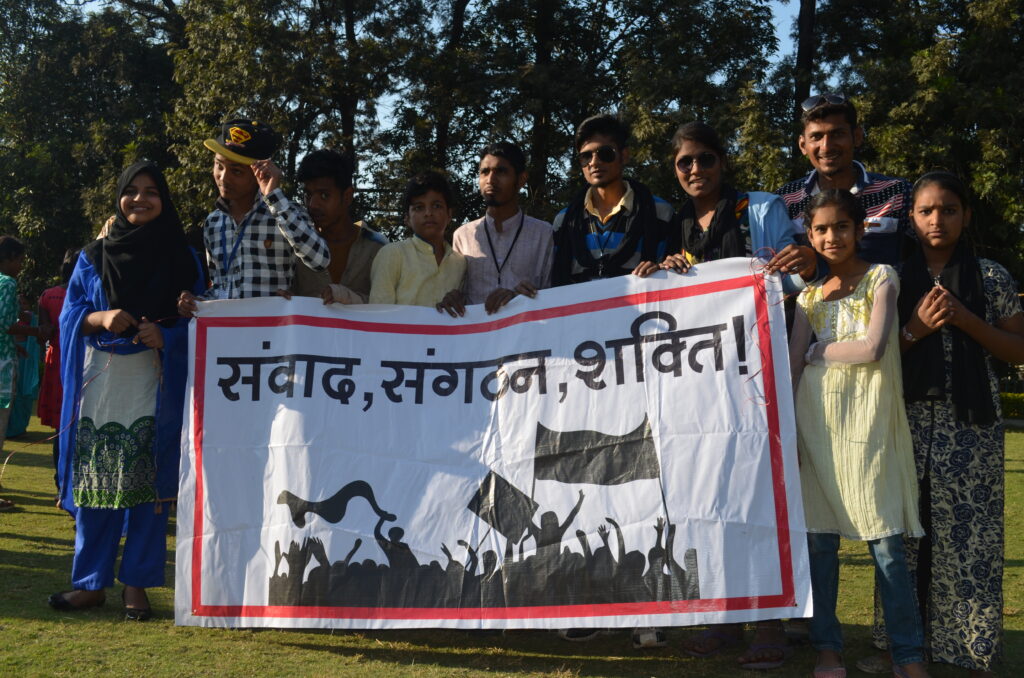
PARWAAZ – ENSURING ACCESS TO JUSTICE
Access to Justice is a fundamental right as enshrined in the Indian Constitution. Article 39A of the Constitution of India provides for free legal aid to the poor & weaker sections of the society and ensures justice for all. Articles 14 and 22(1) of the Constitution also make it obligatory for the State to ensure equality before law and a legal system which promotes justice on the basis of equal opportunity to all.
The Legal Services Authorities Act came into force on 9th November, 1995 to establish a nationwide uniform network for providing free and competent legal services to the weaker sections of the society on the basis of equal opportunity. All citizens therefore, have the right to be treated equally and fairly before the law, get access to legal aid services, information and appropriate redressal. Ordinary citizens, especially the poorest may not seek legal aid immediately due to lack of information or apprehension about approaching the justice systems, even at the local level. The absence of a supportive mechanism has negative consequences on the overall well- being of the individual and their families seeking legal aid. For the poorest, continued denial of rights & entitlements pushes them further into the cycle of poverty, injustice and exploitation.
The A2J initiative at Eka has moved forward with technical support from Centre for Social Justice, Ahmadabad and is currently anchored by Advocate Naveen Gautam, a human rights & law practitioner. The A2J process has so far:
- Demonstrated the need & scope of a Community based Legal Aid Mechanism with the Parwaaz program.
- Promoting the concept of Parwaaz directly in 4 urban zones of Bhopal Municipal Corporation with a focus on building para-legal volunteers engaging with the justice system and responding to cases from the community.
- Holding Regional meetings with civil society groups to understand the work carried out around A2J in different regions of Madhya Pradesh, learn about challenges and map further ways to network and engage with collective strength.
- Organizing workshops on A2J themes for building conceptual clarity on A2J issues including residential and non-residential workshops, meetings and learning visits.
- Engaging with groups to come out with a focus on publications around A2J themes.
- Working with a group of pro-bono lawyers to engage them in cases, learning and facilitating sessions with groups.
- Creating a network at the local (Bhopal) and state level to plan collective action on common issues and facilitating knowledge sharing.